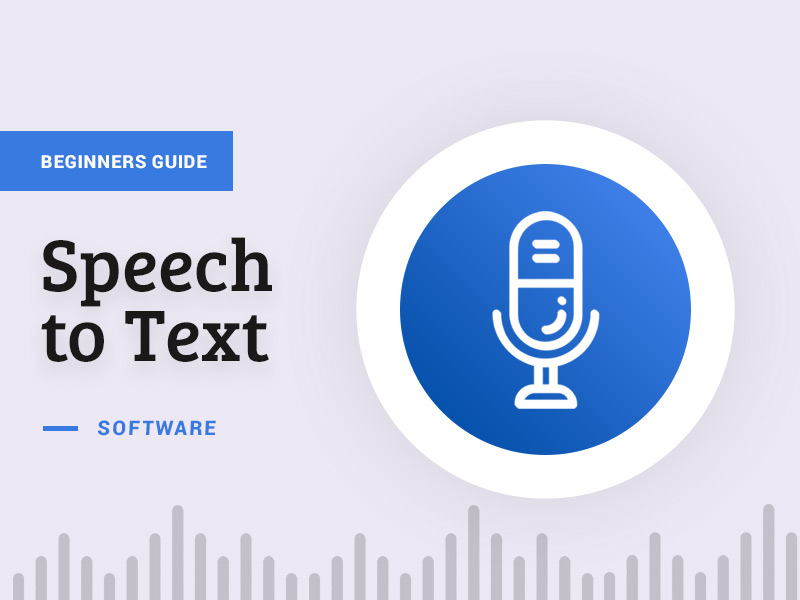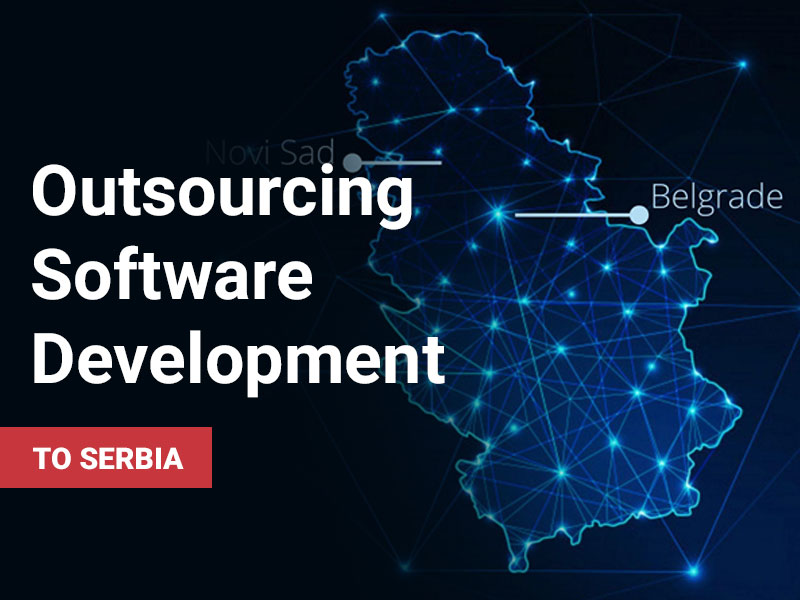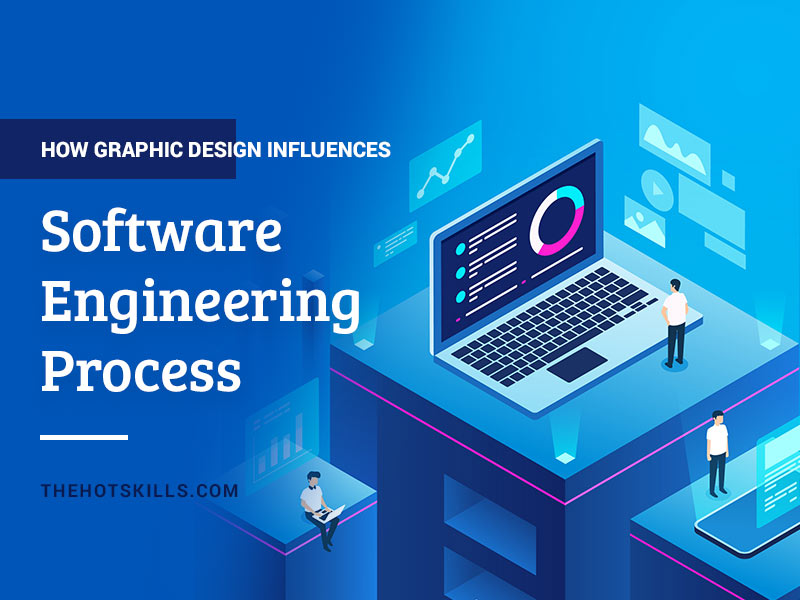Conducting compelling technical interviews for software developers can be difficult, especially if you have minimal experience with coding. The best way to ensure that you are getting the most out of your interview process is to conduct it in a way that is as interactive and collaborative.
When interviewing developers, one of the most important things is to hold everyone to the same interviewing standards. To do that, there are specific guidelines and processes that you should establish when conducting interviews.
Consider the candidate’s experience
Suppose you’re hiring a Python developer who has worked in the industry for 10 years. In that case, it’s still unlikely they will have all the skills needed to succeed in your organization, especially if they’ve been working in a different industry.
Understanding the candidate’s experience is crucial to tailor the interview appropriately. Different candidates bring various levels of expertise and backgrounds, so consider the following:
Review resumés thoroughly:
Before the interview, carefully review each candidate’s resumé to understand their educational background, work experience, and relevant skills. This will help you identify potential areas of expertise and assess their suitability for the role.
Have a prepared job description:
It’s critical that every interviewer and interviewee know what to expect. This means that the job description should show a list of required technical skills and experience a candidate needs to have to be considered for the position. The job description should also clarify how important past work experience is versus on-the-job performance (some companies only want candidates who can demonstrate proven performance on previous projects, while others want fresh hires who are more likely to learn new skills quickly).
Gauge industry knowledge:
Software development is a diverse field, so explore the candidate’s familiarity with specific technologies, programming languages, and tools relevant to the job. This can be accomplished through questions and discussions about their past projects and experiences, which we will cover further in this article.
When interviewing developers with extensive experience, focus on something other than their previous job titles or responsibilities. Instead, focus on their projects and the technologies they used to build them. This will help you determine whether they have the skills to succeed in your organization.
Establish clear expectations for the interview
Establishing clear expectations ensures the interviewer and the candidate are on the same page about the interview process. Setting these expectations from the beginning promotes transparency and a positive experience for everyone involved.
- Communicate the interview format: Let candidates know the format of the technical interview beforehand. Whether it involves coding exercises, system design discussions, or behavioral questions, providing this information allows candidates to prepare adequately.
- Specify technical requirements: If there are specific technologies or programming languages integral to the role, mention them in the interview invitation. This gives candidates an opportunity to brush up on relevant skills and ensures a fair evaluation.
- Share the evaluation criteria: Outline the evaluation criteria for the interview, such as coding proficiency, problem-solving approach, teamwork, and communication skills. This clarity helps interviewers focus on relevant aspects and compare candidates consistently.
Create consistency for the interview process
Consistency is vital to avoid biases and ensure fair evaluations. Maintaining a consistent interview process allows you to compare candidates fairly and make well-informed hiring decisions.
- Standardized questions: Prepare a set of standardized technical questions and scenarios to assess all candidates equally. Use the same questions for each candidate to compare their responses directly against each other.
- Involve multiple interviewers: Involving multiple interviewers from different teams or departments brings diverse perspectives to the evaluation process. This can help you identify strengths and weaknesses more effectively.
- Scoring rubric: Develop a scoring rubric that aligns with the evaluation criteria. This rubric should be used by all interviewers to rate the candidate’s performance consistently.
- Debriefing sessions: After each interview, conduct debriefing sessions with the interviewers to discuss the candidate’s performance and reach a consensus. These discussions help ensure fairness and eliminate biases.
Use multiple interview rounds
Conducting multiple rounds of interviews allows you to assess candidates from different angles and thoroughly validate their skills and competencies. Here are some suggested interview rounds:
- Technical screenings: Start with a technical screening round to filter out candidates who don’t meet the minimum technical requirements for the role. This can be done through phone or video interviews.
- Behavioral interviews: The behavioral interview helps gauge a candidate’s soft skills, work ethic, and cultural fit within the team. It provides insights into how candidates handle challenges and interact with others.
- Coding exercises: Utilize coding exercises to evaluate a candidate’s problem-solving skills and coding proficiency. Consider providing a real-world problem to assess their ability to write clean, efficient, and maintainable code.
- Pair programming sessions: Conduct a pair programming session where the candidate collaborates with an experienced developer on a coding task. This provides insights into their teamwork, communication, and coding practices.
Victory Fernandez, a Technical Interview Lead at Proxify, briefly explains how challenging hiring a new team member can be:
Finding a good professional is a challenging task. You need a good balance between seniority, and soft and hard skills, and most companies don’t even have internal people well qualified to run such a hiring process. Or maybe your company is just too small or not so well organized.
Pay attention to unspoken cues
During the interview, pay attention to unspoken cues and body language. Non-verbal communication can reveal much about a candidate’s confidence, engagement, and interest in the position. Look for signs of enthusiasm, active listening, and how well they respond to feedback.
Victory added that he encourages small talk before every interview to get started.
“I usually do some non-technical icebreaker questions. And this is where our team evaluates most of the candidate’s English skills in accent, flow, vocabulary, and grammar. Be sure to record some parts of the interview to reflect on later.”
Ask questions that evaluate practical technical knowledge
To assess a candidate’s technical knowledge effectively, ask questions relevant to the role and their experience. Tailor the questions to the specific technologies and tools used in your organization. For example:
- Scenario-based questions: Present real-world scenarios and ask how the candidate would approach and solve them. This helps you understand their problem-solving process.
- System design questions: For more experienced candidates, inquire about their experience designing complex systems or architectures.
- Open-ended questions: Encourage candidates to explain their thought processes while solving technical problems. This provides insights into their problem-solving and analytical skills.
Ask specific questions related to the technologies and tools used in your organization. Evaluate their familiarity with the programming languages, frameworks, and databases relevant to the role. Practical technical knowledge indicates a candidate’s ability to contribute effectively to your team.
Ask questions that reveal how a candidate thinks about challenges and approaches them
In addition to evaluating technical knowledge, it’s essential to understand how a candidate thinks about approaching and solving challenges. Present candidates with real or hypothetical scenarios and observe how they break down complex problems into smaller, manageable components. Look for candidates with logical thinking, creativity, and a systematic problem-solving approach.
Have a common coding problem to test their skill with
Providing candidates with a standard coding problem can be an effective way to assess their coding skills and problem-solving abilities. Ensure that the problem is relevant to the role and represents the challenges they will encounter daily. This allows you to compare candidates’ solutions directly, relevantly, and judge their technical abilities fairly.
Provide clear instructions and sufficient time for candidates to complete the task. Consider the efficiency of their code and their solution’s overall design and readability. Coding exercises not only test their coding prowess but also allows you to evaluate their problem-solving process.
Provide constructive feedback
Regardless of the interview’s outcome, offer constructive feedback to all candidates. This feedback can help candidates understand their strengths and weaknesses, encouraging their growth and development. Maintain professionalism and provide feedback in a respectful and encouraging manner.
Final thoughts
Conducting effective technical interviews for software developers requires a thoughtful and structured approach. Remember that the interview process is not just about assessing candidates but also an opportunity for candidates to evaluate your company as a potential employer.
A highly skilled developer can significantly impact your company’s success and contribute to a thriving and innovative development environment.







